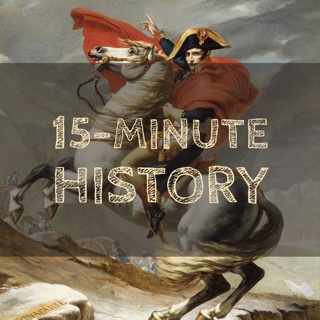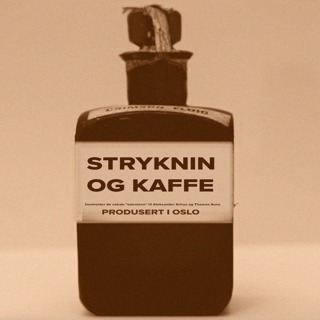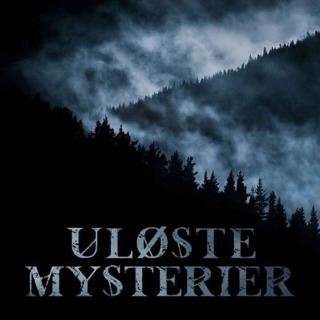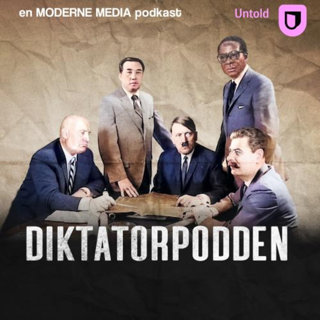
Adam Smith | A Discussion on Self-Interest, Division of Labor, and the Invisible Hand
Join us as we discuss Adam Smith and three of his ideas: Self-Interest, Division of Labor, and the “The Invisible Hand".
25 Apr 202237min

Adam Smith | Self-Interest, Division of Labor, and the Invisible Hand
This season we have been covering individuals who have had a direct effect on history, in a positive or negative way. Adam Smith is one of those. He is called the “father of modern economics” and “the creator of capitalism”. Rather than walk you through a summary of his life, we will attempt to summarize the possible influences that formed three major concepts which exist in his later and final work, the Wealth of Nations, namely the appropriation of Self-Interest, Division of Labor, and the “The Invisible Hand”, thereby showing the linear deduction of each, and how that logic reflects in Adam Smith’s moral philosophy. With the presentation of these three ideas, it's our hope that you will make your own deductions regarding what kind of man he was and whether his effect on history was a positive one.
18 Apr 202214min

Analysis on the War in Ukraine | A Special Discussion
Join us as we look at the war in Ukraine through a historical lens, attempt to answer questions on possible outcomes, and gauge the long-term effects on the world now and in the future.
11 Apr 202239min

Colt, Gatling, and Browning | A Discussion on Gun Pioneers
Join us as we discuss Samuel Colt, Richard Gatling, and John Browning. We talk about their work, their impact on history, and how their names are culturally relevant - beyond the brand - in our world today.
4 Apr 202245min

Colt, Gatling, and Browning | Gun Pioneers
Samuel Colt’s name is forever linked to the company he founded and the revolver he called the “Peacemaker.” Born in Connecticut in 1814, he was steeped in America’s gun culture from an early age. His grandfather had served in George Washington’s army, and Samuel inherited an old flintlock pistol from the family hero when he was only six. At the age of fifteen, while working in his father’s textile plant, he built a galvanic cell (basically an early battery) and used it to set off explosives beneath the surface of a nearby pond during the Fourth of July. He continued to experiment with chemicals and combustion—as many young men do—and became fascinated by inventors’ work to create a firearm that could shoot more than bullets before needing to reload. Join us as we teach you about Samuel Colt, Richard Gatling, and John Browning. In this episode you'll learn about their work, their impact on history, and how their names are culturally relevant - beyond the brand - in our world today.
21 Mar 202215min

Che Guevara | A Discussion on the Symbol of Revolution
Join us as we discuss Che Guevara, his life, beliefs, and impact on our world today.
14 Mar 202239min

Che Guevara | Symbol of Revolution
Join us as we teach you about Che Guevara, his influence, actions, and the effects of his Marxist beliefs.
7 Mar 202215min

Three Great Generals | A Special Discussion
Join us in this special episode as we discuss six famous generals, their lives, their methods, and what we can learn from them.
28 Feb 202256min




















